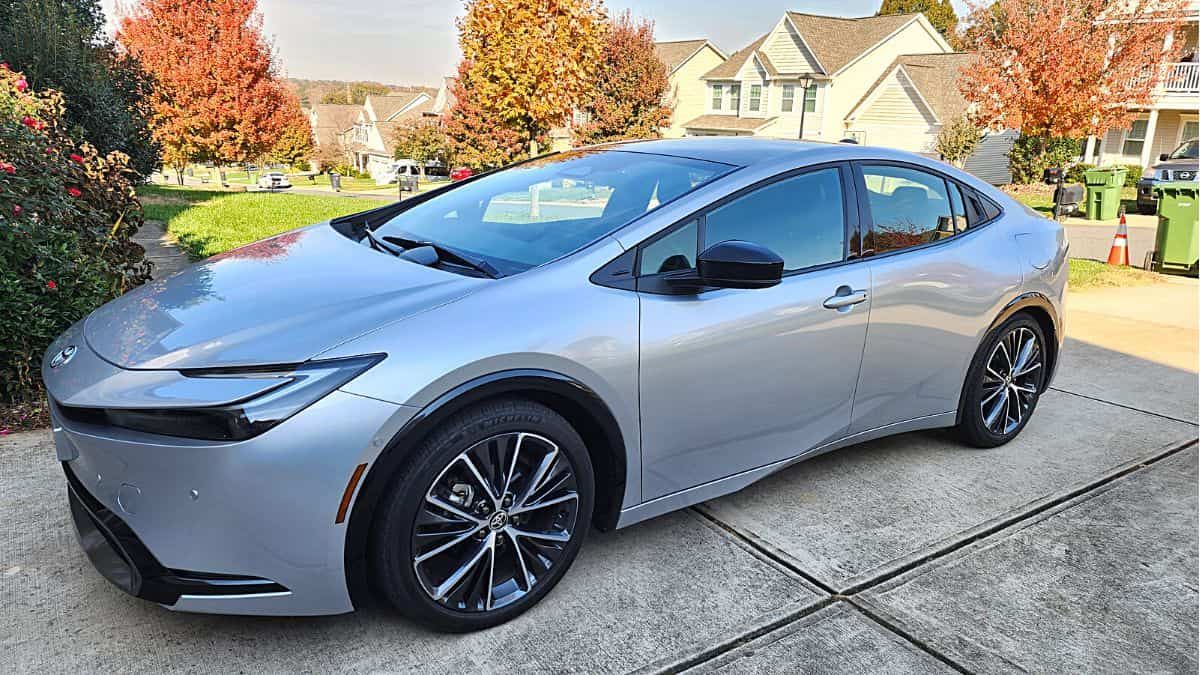The automotive industry is undergoing a significant transformation as we shift toward more sustainable transportation options. Two prominent choices are hybrid and electric vehicles. While both aim to reduce our carbon footprint, they have distinct characteristics. In this article, I will explore why hybrids might be the better choice in certain scenarios.
Understanding the Basics of Hybrid vs EVs
Before diving into the comparison, let’s clarify what hybrids and electric vehicles (EVs) are:
- Hybrids: These vehicles combine an internal combustion engine (usually gasoline) with an electric motor. They can operate in electric-only mode, gas-only mode, or a combination of both. The most common types are parallel hybrids (where both the engine and motor can drive the wheels) and series hybrids (where the engine only charges the battery, and the motor drives the wheels).
- Electric Vehicles (EVs): EVs run solely on electricity stored in their batteries. They produce zero tailpipe emissions and are powered by electric motors. There are two main types: battery electric vehicles (BEVs) and plug-in hybrid electric vehicles (PHEVs).
Why Hybrids Make Sense Now
1. Infrastructure and Range Anxiety
- Charging Infrastructure: While EV charging infrastructure is improving, it’s still not as widespread as gas stations. Hybrids don’t rely solely on charging points, making them more convenient for long trips.
- Range Anxiety: Hybrids offer peace of mind because they don’t suffer from range anxiety. When the battery runs low, the gasoline engine kicks in, allowing you to continue driving without worrying about finding a charging station.
2. Cost Considerations
- Purchase Price: Hybrids are generally more affordable than fully electric vehicles. If you’re on a budget, a hybrid might be a better fit.
- Maintenance Costs: Hybrids have fewer components than EVs, resulting in lower maintenance costs. Battery replacements in EVs can be expensive.
3. Transition Period
- Transitioning Gradually: As we transition to a greener future, hybrids act as a bridge. They allow consumers to adopt cleaner technology without fully committing to EVs. This gradual shift benefits both individuals and the environment.
4. Driving Conditions
- Urban Commuting: For city dwellers with short commutes, hybrids excel. They can run on electric power during stop-and-go traffic, reducing emissions in crowded areas.
- Long-Distance Travel: Hybrids shine on long highway drives. Their combined powertrain ensures you won’t be stranded due to a lack of charging infrastructure.
5. Environmental Impact
- Reduced Emissions: While EVs have zero tailpipe emissions, hybrids emit less than traditional gasoline vehicles. They contribute to cleaner air and reduced greenhouse gas emissions.
- Manufacturing Impact: Producing EV batteries has environmental consequences. Hybrids, with smaller batteries, have a smaller manufacturing footprint.
In the current landscape, hybrids strike a balance between environmental consciousness and practicality. They offer flexibility, cost savings, and ease of adoption. As charging infrastructure improves and EV technology matures, we may see a shift toward full electrification. Until then, hybrids remain a sensible choice for many drivers.
Remember, the right choice depends on your lifestyle, driving habits, and priorities. Whether you opt for a hybrid or an EV, each step toward sustainability matters.
Armen Hareyan is the founder and the Editor in Chief of Torque News. He founded TorqueNews.com in 2010, which since then has been publishing expert news and analysis about the automotive industry. He can be reached at Torque News Twitter, Facebook, Linkedin, and Youtube. He has more than a decade of expertise in the automotive industry with a special interest in Tesla and electric vehicles.





